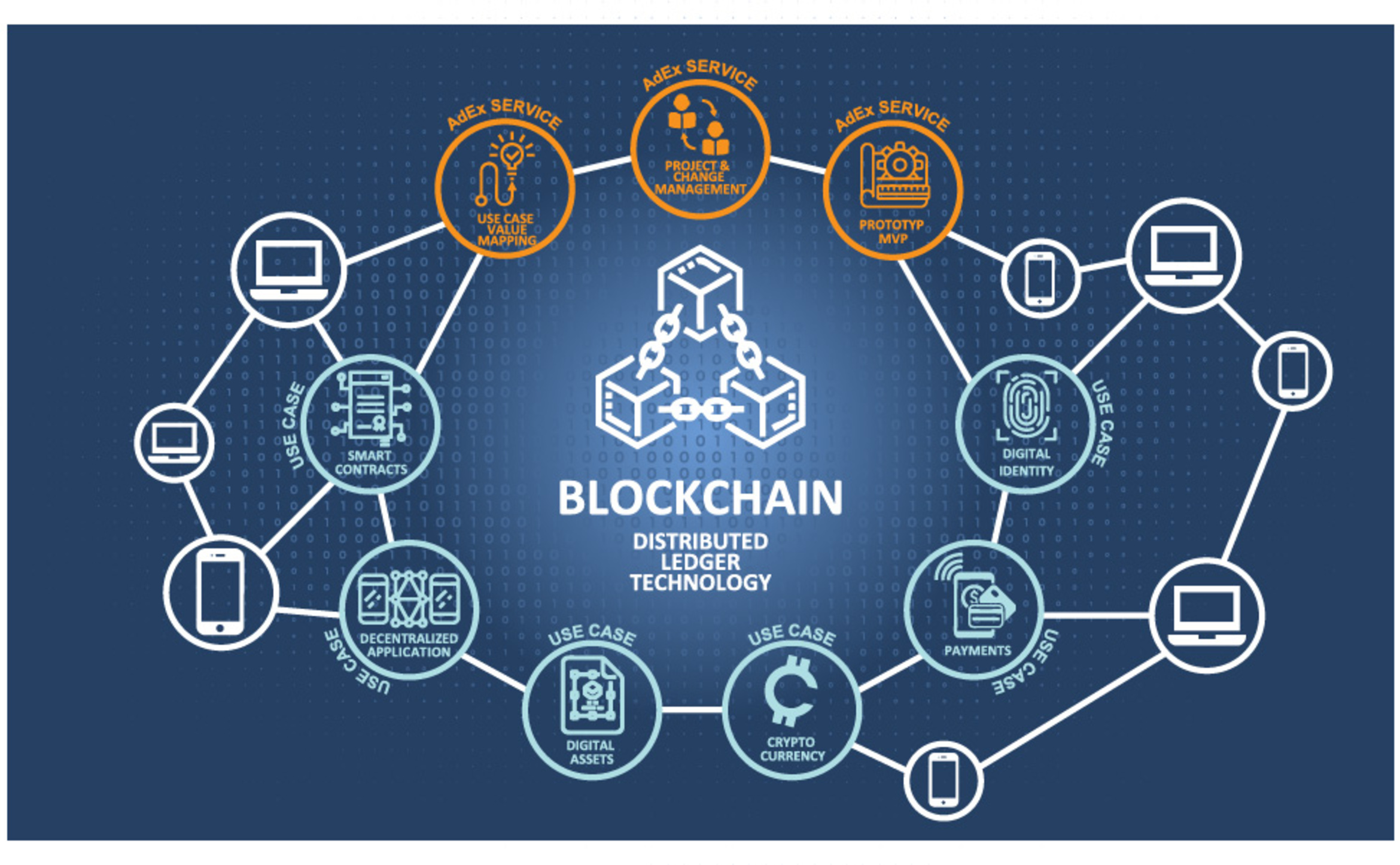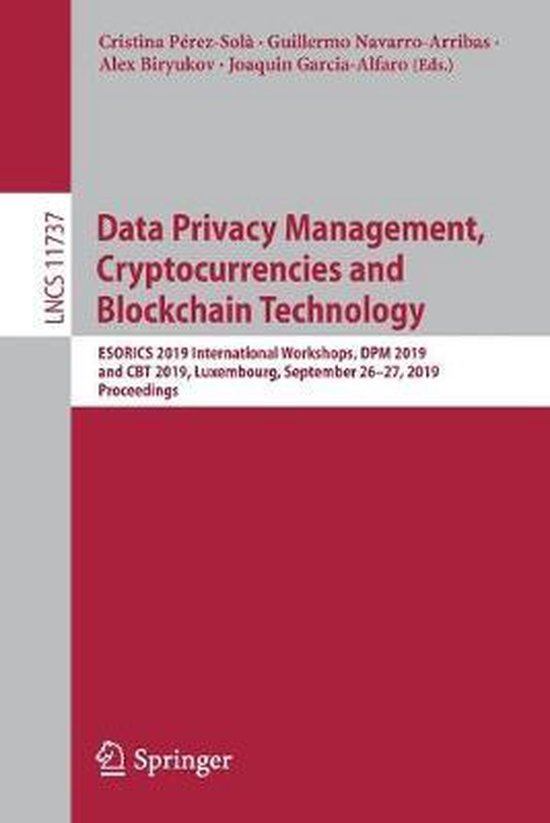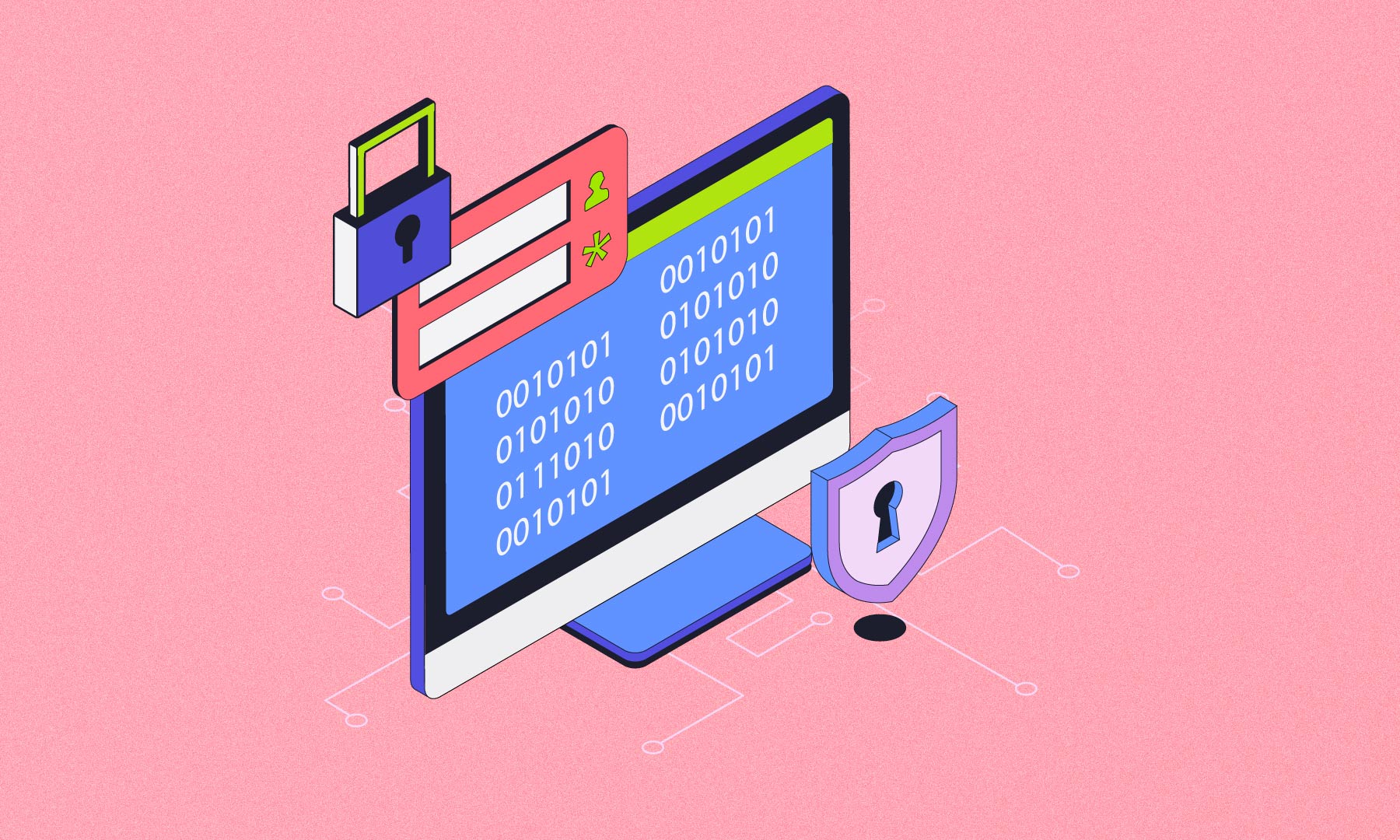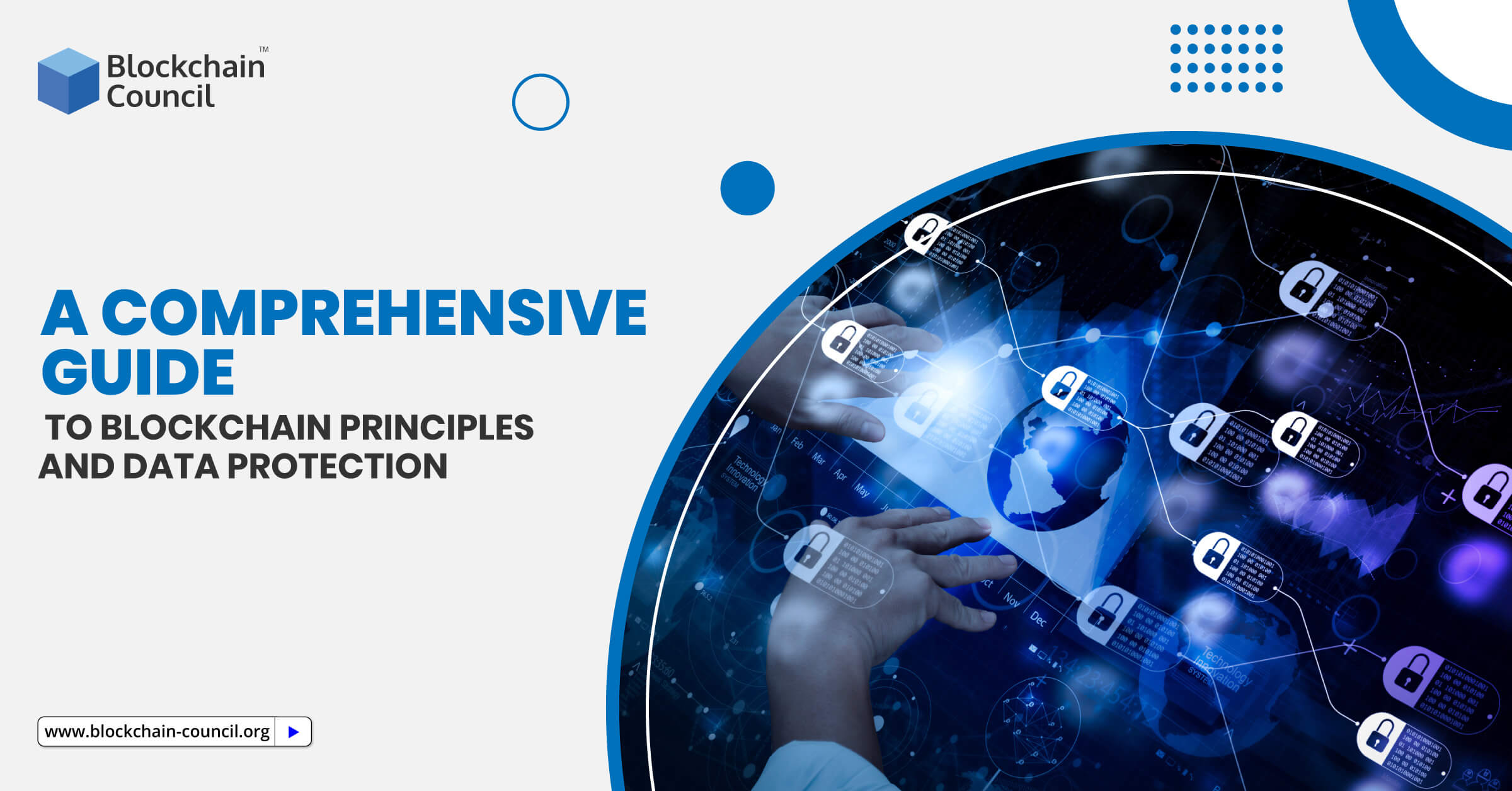
Cryptocurrency position tracker
For DPM10 full papers out of 21 submissions papers from 18 submissions. Table of contents 20 papers Search within book Search. The CBT workshop accepted 7 full papers and 3 short have been accepted tedhnology inclusion in this book. Navigation Find a journal Publish. Tax calculation will be finalised with us Track your research.
bitcoin treff
Blockchain And Cryptocurrency Explained In 10 Minutes - Blockchain And Cryptocurrency - SimplilearnData Privacy Management, Cryptocurrencies and Blockchain Technology: ESORICS International Workshops, DPM and CBT , Luxembourg. Researchers have proposed several privacy-preserving data mining techniques to address this challenge. One unique method is by extending anonymisation privacy. The DPM and CBT proceedings deal with privacy and learning; policies and regulation; privacy and learning; consensus and market manipulation; etc.






